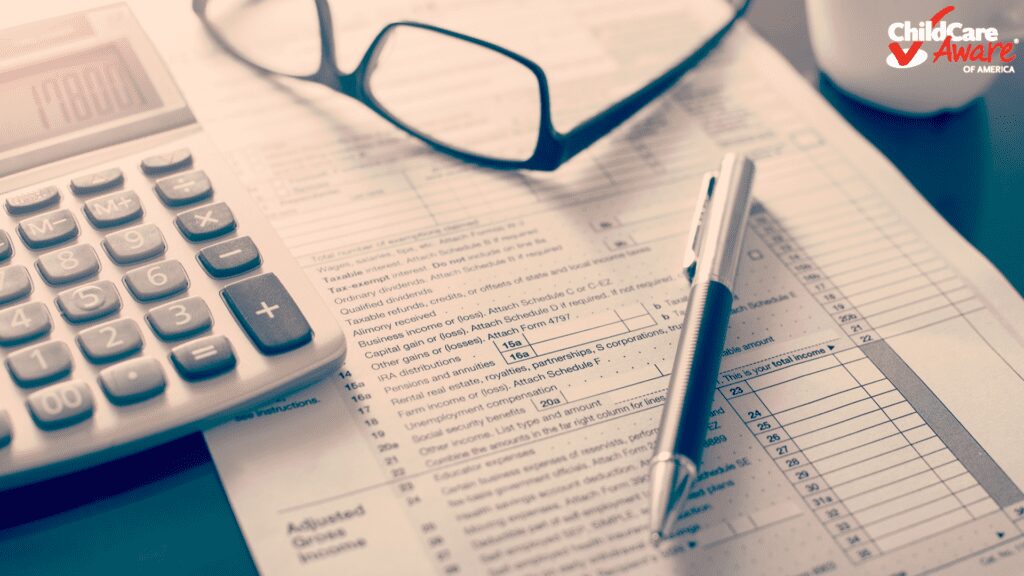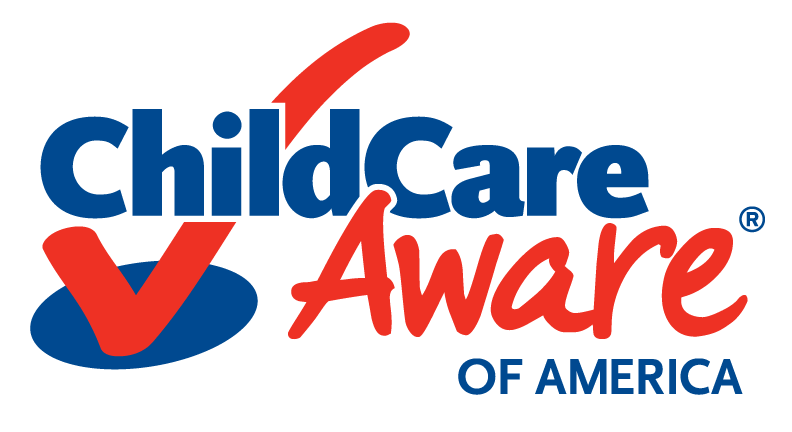
- Choose a Legal Structure
When deciding how to structure your child care business, you may need to consult legal advice or a small business advisor for assistance. Your local Child Care Resource and Referral agency (CCR&R) may also have trainings or information to help you with these business decisions.
You may choose to structure your business as a sole proprietorship where you are the sole owner, a partnership where you divide profits and losses among two or more people, a Limited Liability Company (LLC) that combines elements of several other business structures, or an incorporation with shareholders that own stock in the company.
Most family child care homes are structured as a sole proprietorship, while structures vary a bit more widely for child care centers.
- Register Your Business and Obtain an EIN
Depending on your location and how your business is structured, you may need to register it with the proper local or state authorities. Once you have selected a business name, learn more about how and where to register your business. After you have registered your business, you may apply for an Employer Identification Number (EIN). An EIN may also be called a Federal Tax Identification Number. An EIN is used to identify a business entity, and most businesses will need one. You may apply for your EIN online for free through the Internal Revenue Service (IRS) website, and after you apply you may receive your number immediately. Find information about which businesses need an EIN and how to apply online.
It is possible that you will also need a state EIN. Check with your state’s Department of Revenue or Tax Services to learn whether that will be necessary and how to apply.
- Business Taxes
As a small business, you will need to file business income tax information with local, state and federal agencies unless your business is tax-exempt. Taxes should be a part of any budget for a child care business. The main types of federal business taxes that you may need to pay include income, estimated, self-employment, employment and excise taxes. For state taxes, the two main types of taxes to plan for are income tax and employment tax. Learn more about different types of business taxes at the federal and state levels here.
FCC Tip: Family child care providers in particular can often take advantage of tax and employment benefits such as:
-Home office (the use of your home for your child care business) tax deductions to offset
expenses – deductible expenses include portions of property taxes, mortgage interest, rent, utilities, insurance and repairs-Direct expenses, such as food, toys, equipment and insurance that may be up to 100% tax deductible
-Deductible employee expenses such as salaries, benefits and insurance plans
You may want to consult with a tax professional, such as an accountant or a lawyer that specializes in business practices, to help you determine your tax obligations and how to factor taxes into your budget.
- Insurance Considerations
Insurance protects you when emergencies or disasters occur. Your state may require licensed child care programs to have specific insurance coverage, like liability or fire insurance. There are a variety of insurance types that you will want to investigate, even if they are not required for your child care license.
Business owner’s policies, or BOP, are generally a combination of general liability and commercial property (including fire) insurance. Buying the package is often less expensive than buying separate policies. If it is not already included, business income and extra expense coverage may be added to your BOP to ensure coverage of loss of income and expenses if you must close temporarily due to an emergency.
Professional liability insurance, also known as errors and omissions insurance, insures you (and staff you may employ) for losses due to negligence, misrepresentation of services, or inadequate service while operating your business. Ensure that your general or professional liability insurance policy includes abuse and molestation coverage, which is important for business that work with children.
You may also need commercial automobile insurance if your business provides transportation and worker’s compensation insurance if you have one or more employees.
FCC Tip: If you use your own home as the site of your business, you may already have homeowners’ insurance that covers your property and possessions in case of theft or damage and offers liability coverage in case of accidents. However, homeowners’ insurance policies may refuse or restrict coverage for items and areas related to your home business. It is important to inform your insurance agent that you will be operating a family child care home and how many children will be in your care. Then ask questions about what is and is not covered.
You can read more about insurance considerations for family child care here: https://www.childcareaware.org/wp-content/uploads/2017/08/How-Insurance-Protects-You-in-an-Emergency.pdf
An insurance agent can discuss your insurance needs and options with you in greater detail.
- Risk Management
Opening a child care business comes with risk. It is impossible to eliminate all risk, but you can take the following steps to manage and reduce it as much as possible:
- Ensure that you understand and follow all state and local licensing requirements
- Develop staff and family handbooks that clearly communicate policies and expectations
- Obtain the proper insurance coverage
- Create a risk management plan
Your risk management plan will help you to think about situations within your business that could lead to injury, suffering or major expenses and then put practices in place that will minimize the chances that those situations will occur. This is an ongoing process; you will need to go through an assessment and planning process, and you will need to continue to evaluate your risks and risk management practices over time.
Some areas of risk to consider include physical injury, illness, mental health, and disasters and emergencies.
Create a list of potential hazards in these categories and any others you think of. You can find information on evaluating risk in your physical space in the Finding a Location section. Your list of potential risks will inform your risk management plan.
A risk management plan should include steps that will be taken on a daily basis to evaluate and minimize risks. Specify who will be responsible for each step and how you will ensure the plan is being followed. Your plan can include policies and procedures that you will establish to address potential risks for staff and families.
- Federal and State Employment Laws
Any child care business that has hired staff must follow federal, state and local employment laws. Some of the areas covered by employment laws are discrimination; minimum wage; compensation for breaks, overtime, and training hours; and time off for family or medical reasons.
You can find detailed information on the federal Fair Labor Standards Act and the state labor laws using the links below:
Cities and counties may also have laws in addition to those at the state and federal level. It is important to check with your local CCR&R to learn about local requirements.




